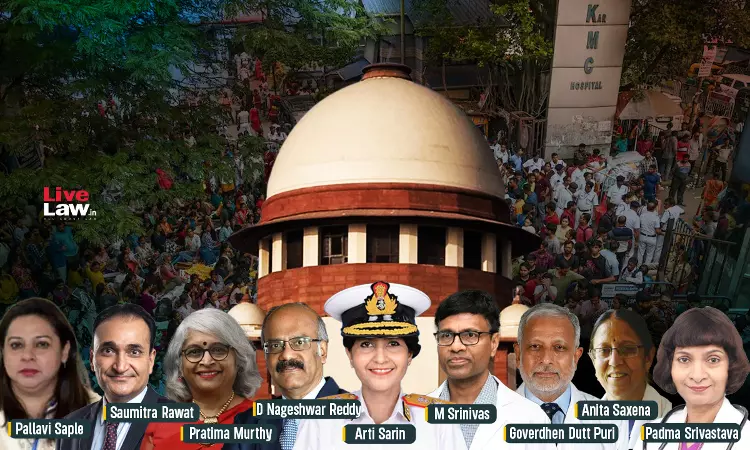The National Task Force (NTF) constituted by the Supreme Court in the wake of safety concerns of medical professionals after the RG Kar Hospital Doctor's Rape-Murder, has given exhaustive recommendations for enhancing better work conditions of the professionals and preventing sexual harassment at medical workplaces. The NTF is a 9-member committee headed by Surgeon Vice Admiral Arti Sarin...

